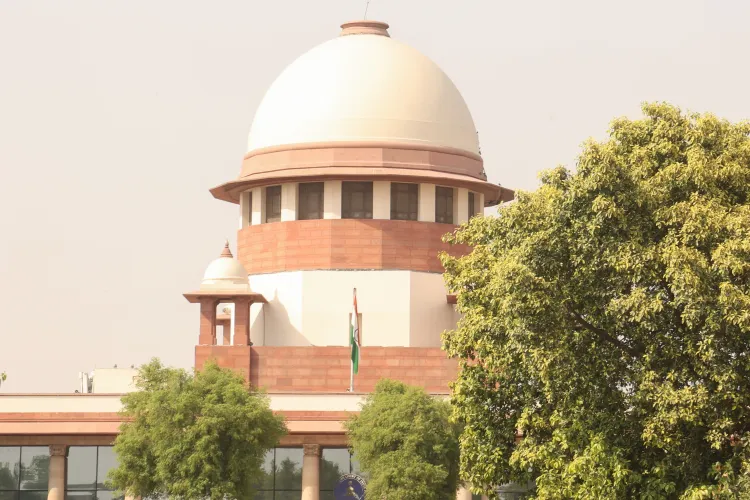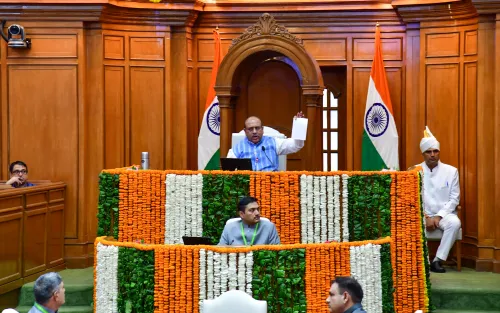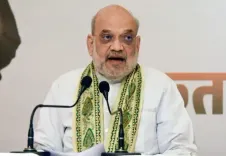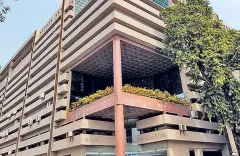Why Did the Jharkhand HC Reject Child Care Leave for Woman ADJ?

Synopsis
Key Takeaways
- Supreme Court seeks response from Jharkhand High Court.
- Child care leave denial faced by ADJ Kashika M. Prasad.
- ACRs indicate Prasad's professional excellence.
- Policy allows for significant child care leave duration.
- Importance of supporting single parents in the judiciary.
New Delhi, May 29 (NationPress) — The Supreme Court on Thursday requested a response from the Jharkhand High Court within one week regarding the denial of a child care leave application submitted by Additional District Judge (ADJ) Kashika M. Prasad, who is stationed in the state.
This directive was issued by a bench comprising Chief Justice B.R. Gavai and Justice A.G. Masih while considering a petition brought forth by Prasad, who contested the refusal to approve her leave request.
The apex court mandated that its ruling be communicated to the Jharkhand High Court via email and clarified that the matter would be thoroughly examined on the next scheduled date.
“All parties should be aware that we will resolve the issue on the forthcoming date,” the court remarked in its order.
During the proceedings, the attorney representing the petitioner informed the court that Prasad, being a single parent, has an outstanding service record. Her Annual Confidential Reports (ACRs) demonstrate her professional competence.
The petition indicated that Prasad had applied for leave starting June 10 under the Jharkhand High Court’s child care leave policy, which permits up to 730 days of leave. However, her request was declined without any justification.
The bench inquired why the petitioner did not first seek judicial relief from the Jharkhand High Court before approaching the apex court.
In reply, her legal representative explained that immediate relief was necessary, but the High Court's regulations did not categorize the issue as 'urgent'. Consequently, any hearing would have occurred only after the summer recess.
ADJ Prasad was previously assigned to the Hazaribagh District Court and has recently undergone a transfer. Her attorney argued that due to this recent transfer and her obligations as a single parent, managing childcare had become increasingly difficult, prompting her leave application.
After the petition was submitted and marked for urgent hearing, the Supreme Court agreed to consider the issue but scrutinized the basis on which the leave was denied.
The counsel stated that the rejection order provided no reasons for the decision.









